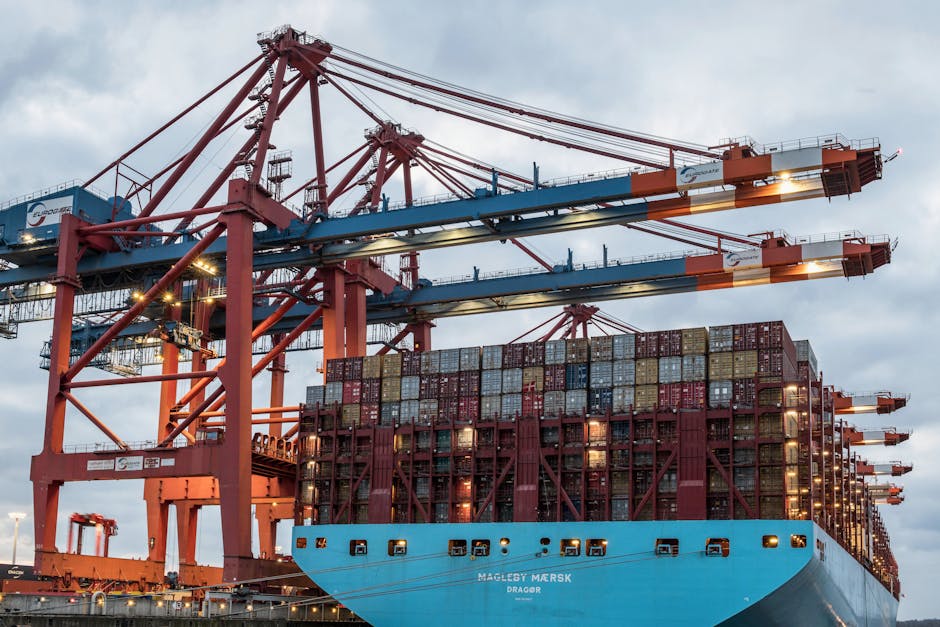SOC 2 and ITAR for Dummies: A Comprehensive Guide to Compliance
"This comprehensive guide demystifies SOC 2 and ITAR compliance for businesses. Learn about the key requirements, implementation strategies, and benefits of adhering to these crucial security standards in today's digital landscape. "

Understanding SOC 2 and ITAR Compliance: A Guide for Businesses
In today's digital age, data security and regulatory compliance have become paramount for businesses of all sizes. Two critical standards that often come up in discussions about information security and export control are SOC 2 and ITAR. This guide aims to demystify these complex regulations and provide a clear understanding of their importance and implementation.

What is SOC 2?
SOC 2, which stands for System and Organization Controls 2, is a framework developed by the American Institute of Certified Public Accountants (AICPA). It's designed to help service organizations demonstrate their commitment to data security and privacy.
Key Principles of SOC 2
SOC 2 is based on five Trust Services Criteria:
- Security: The system is protected against unauthorized access.
- Availability: The system is available for operation and use as committed or agreed.
- Processing Integrity: System processing is complete, accurate, timely, and authorized.
- Confidentiality: Information designated as confidential is protected.
- Privacy: Personal information is collected, used, retained, and disclosed in conformity with commitments.
Importance of SOC 2 Compliance
Achieving SOC 2 compliance can significantly enhance a company's reputation and trustworthiness. It demonstrates to clients and partners that the organization takes data security seriously and has implemented robust controls to protect sensitive information.
Understanding ITAR
The International Traffic in Arms Regulations (ITAR) is a set of U.S. government regulations that control the export and import of defense-related articles and services on the United States Munitions List (USML).

Key Aspects of ITAR
- Registration: Companies dealing with items on the USML must register with the U.S. State Department's Directorate of Defense Trade Controls (DDTC).
- Licensing: Exporting ITAR-controlled items typically requires a license from the DDTC.
- Data Security: ITAR imposes strict requirements on how technical data related to defense articles is stored, accessed, and shared.
Importance of ITAR Compliance
ITAR compliance is crucial for companies in the defense, aerospace, and related industries. Non-compliance can result in severe penalties, including fines and loss of export privileges.
Implementing SOC 2 and ITAR Compliance
Steps for SOC 2 Compliance
- Determine Scope: Decide which Trust Services Criteria are relevant to your organization.
- Gap Analysis: Assess current practices against SOC 2 requirements.
- Implement Controls: Develop and implement necessary security controls.
- Documentation: Create comprehensive policies and procedures.
- Audit: Undergo a SOC 2 audit conducted by a certified public accountant.
Steps for ITAR Compliance
- Registration: Register with the DDTC if dealing with USML items.
- Classification: Properly classify products and technical data.
- Access Controls: Implement strict access controls for ITAR-controlled information.
- Training: Provide comprehensive ITAR compliance training to employees.
- Record Keeping: Maintain detailed records of ITAR-related activities.
Benefits of Compliance
Adhering to SOC 2 and ITAR standards offers numerous benefits:
- Enhanced customer trust and confidence
- Improved security posture
- Competitive advantage in the marketplace
- Reduced risk of data breaches and regulatory violations
- Streamlined business processes

Challenges and Best Practices
While implementing SOC 2 and ITAR compliance can be challenging, following best practices can simplify the process:
- Integrate Compliance into Business Processes: Make compliance a part of day-to-day operations rather than a separate initiative.
- Leverage Technology: Utilize compliance management software to automate and streamline processes.
- Regular Audits: Conduct internal audits regularly to ensure ongoing compliance.
- Stay Informed: Keep up-to-date with changes in regulations and industry best practices.
- Seek Expert Guidance: Consider consulting with compliance experts or legal professionals for complex issues.
Conclusion
SOC 2 and ITAR compliance may seem daunting at first, but they are essential for businesses operating in today's digital and global marketplace. By understanding these standards and implementing robust compliance programs, companies can protect sensitive data, build trust with clients, and avoid costly penalties.
Remember, compliance is not a one-time effort but an ongoing process. Regular reviews and updates to your compliance strategies are crucial to maintaining a strong security posture and meeting evolving regulatory requirements.
By prioritizing SOC 2 and ITAR compliance, businesses can demonstrate their commitment to security and regulatory adherence, ultimately leading to increased trust, improved operations, and long-term success in the marketplace.


